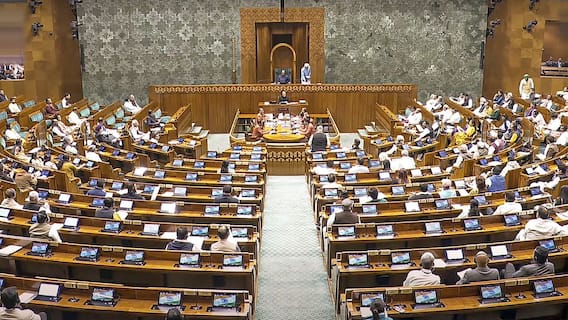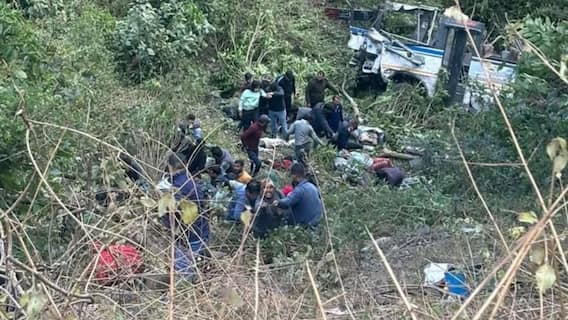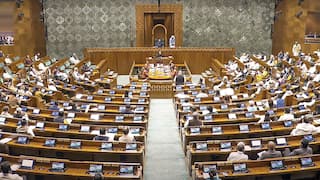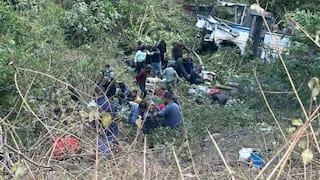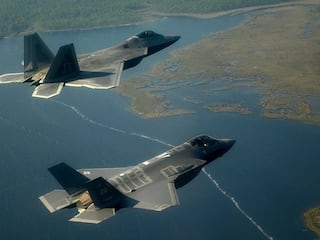Israeli Military Tells Palestinians To Evacuate Rafah Amid Looming Ground Invasion Threat
Qatar, a key mediator in the truce talks between Hamas and Israel has warned against ground invasion of Rafah saying it could derail the efforts towards a ceasefire deal.

The Israeli military has called on Palestinians to begin evacuating the city of Rafah in southern Gaza, signalling that a looming threat of ground invasion could be imminent.
The Israeli military said on Monday that it had ordered the evacuation as part of a 'limited scope' operation, but did not immediately confirm media reports this was part of preparation for a ground assault, reported Reuters.
The announcement has complicated the last-ditch efforts by international mediators to broker a ceasefire deal as Qatar, a key mediator has warned that an invasion of Rafah could derail the talks.
The US has repeatedly warned Israel against a ground invasion of Rafah.
Israel has described Rafah as the last significant stronghold of the Palestinian militant group Hamas after seven months of war while its leaders have repeatedly said they need to carry out a ground invasion against the Islamic militant group.
Army spokesperson Lt. Col. Nadav Shoshani said that some 1,00,000 people have been ordered to move to a nearby Israel-declared humanitarian zone called Muwasi, as per an Associated Press report.
Israel has expanded humanitarian aid into Muwasi including field hospitals, tents, food and water, Shoshani said.
ALSO READ: Netanyahu Says 'Israel Can't Accept' Hamas Demands Of Troop Withdrawal From Gaza, Ending War
The move comes a day after Hamas launched a deadly rocket attack from the area that killed three Israeli soldiers.
Rafah and its surroundings are holding up around 1.4 million Palestinians, more than half of Gaza's population. Most of them fled their homes elsewhere in the territory to escape Israel's military operations but now face a looming threat of an assault again.
The conditions in Rafah are dire as the people there are living in densely packed tent camps overflowing U.N. shelters or crowded apartments. They are dependent on international aid for food, with sanitation systems and medical facilities infrastructure crippled.
Trending News
Top Headlines






